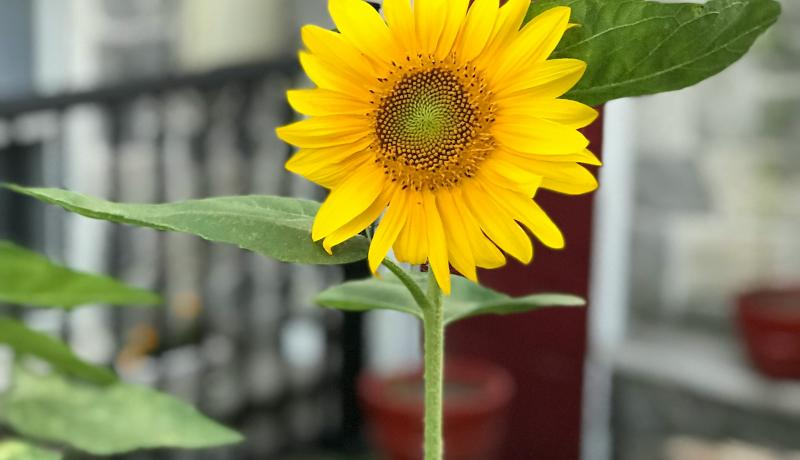There's still time to enroll for our Winter Intersession and Spring 2025 semesters in both undergraduate and graduate programs. Ready to Elevate YOUR Life? Apply Now!
Already a student and need to register for Spring classes? Register now! Contact an academic advisor today at 201-200-3300 or uac@njcu.edu or schedule a virtual appointment with an advisor!
What Can I Do with a Women’s and Gender Studies Degree?

The first question a student who’s interested in a major or minor in Women’s and Gender Studies (WGST) asks me is: What can I do with this degree? Here are some answers to that question:
What can’t you do? WGST graduates are teachers, social workers, organizers, advocates, counselors, artists, community leaders, pastors, historians, lawyers, musicians, broadcasters, authors, healthcare workers, political scientists, world travelers, mothers—and these are just people at NJCU! A degree in WGST gives you skills, knowledge, and a specialized lens that you can bring to any profession or vocation.
Change how you see everything: I observed a WGST class once where a student remarked, “this class makes you think differently about everything.” By “everything” she meant how she thought about her identity; her body; her relationships; her job; her community; the TV shows she watched; the books she read; the advertisements she saw; the music she listened to; the toys children played with; and how she thought about politics, immigration, social movements, religion, the environment, and pretty much everything else. WGST is a transformative subject. You’ll learn how to see the world differently.
Learn to think in complicated ways: WGST is an interdisciplinary field. This means that an issue—reproductive rights, for example—is explored from multiple disciplinary perspectives including history, sociology, health sciences, biology, anthropology, and so on. This approach means learning how to synthesize information and think about a problem from different points of view—skills that employers love.
Focus on intersections: WGST begins with the idea that identities, social spaces, and social systems are intersectional. This means that when we think about gender we also think about race, socioeconomic class, sexuality, religion, disability/ability, age, etc. Also, social structures determine how our complex identities are valued and rewarded. One example: data shows that white women earn 75% of the average man’s earnings while African American women earn 62% and Latinas earn 54%. Why? You need an intersectional approach to figure that out.
Understand diversity in action: WGST is a practical subject; you learn tools that you can use at home, in the classroom, at your workplace, and in everyday interactions that emphasize and recognize differences in identities, experiences, cultures, and backgrounds. These are skills that are essential for living and thriving in a culturally complex world.
Work for change and for social justice: You’ll learn about oppression in WGST classes—about racism, homophobia, and sexism, and issues like intimate partner violence, sexual assault, and poverty. But, you’ll also learn how to bring about change—how to understand, analyze, strategize, and organize to address inequality and injustice in your own life and in world around you.
So there’s a lot one can do with a WGST degree. It is a way to improve one’s ability to overcome personal and professional challenges. It is a degree that helps one to think, listen, empathize, and understand. And it is a degree that not only enriches the individual, but also makes a small step toward improving the wider world.